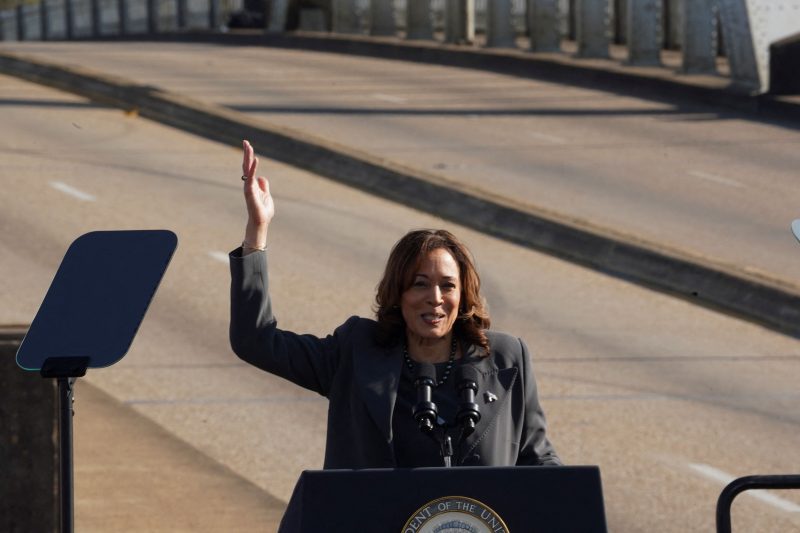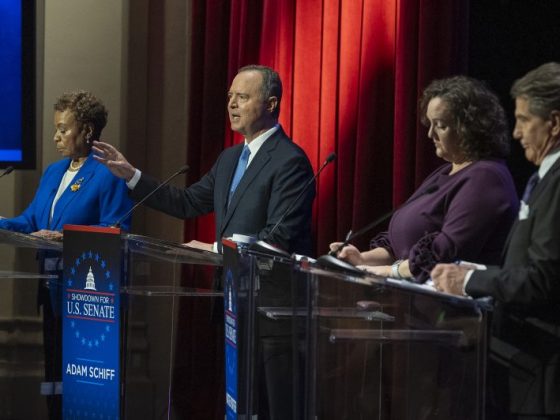In a transformative shift from the traditional postures of the United States towards the Israel-Palestine conflict, Vice President Kamala Harris is adopting a more public role in criticizing Israel’s actions in the Gaza Strip. Usually a topic of heated discussion and diplomatic care, this issue has seen Harris, as a tenured-official, assume a louder voice that challenges long-held stances praising Israel’s actions unconditionally.
One of the key factors driving Harris’s criticism is the disproportionate civilian casualties incurred in the recent Gaza hostilities. A significant number of these casualties have been children and non-combatants, raising concerns globally over Israel’s use of force. Harris, who has often advocated for the protection of children’s rights and safety, has been moved to comment on the growing humanitarian crisis in Gaza.
Part of the explanation for her outspoken stance lies in her history as a prosecutor, and her belief in the rule of law. Harris, a former district attorney and attorney general in California, adheres to the principle of proportionate response in conflict resolution and law enforcement. The vice president has repeatedly emphasized that any actions taken must conform to international human rights standards and adhere to a proportionate use of force, a principle she contends Israel has violated.
Furthermore, Vice President Harris is emphasizing the importance of the peace process by criticizing Israel’s actions. By denouncing what she perceives as aggressive actions undermining peaceful solutions, Harris hopes to stir the international community into renewed efforts aimed at achieving lasting peace in the region.
In addition, Harris’s approach reflects a broader trend within the Democratic Party. Several younger, more progressive members of the party have been increasingly vocal about their criticisms of Israel’s actions and policies. Politicians like Alexandria Ocasio-Cortez and Rashida Tlaib have been at the forefront of this shift, calling for a reassessment of America’s diplomatic and financial support for Israel, suggesting a potential evolution in how the party approaches the conflict.
As a trailblazer and representation of a new brand of American politics, Harris’s stance is also influenced by a shift in public opinion. A Pew Research Center Study indicates a decline in the number of Americans who say they are more sympathetic to Israelis than to Palestinians. This shrinking gap might be the reason why Harris feels she can safely voice criticisms that were once considered politically risky.
Nevertheless, critics argue that Harris’s position is damaging to US-Israel relations and undermines the traditional support the U.S has offered. Israel’s stance is that its military actions are in self-defense and necessary for the protection of its citizens from rocket attacks from Hamas, a militant group that controls the Gaza Strip.
In conclusion, Vice President Harris’s critical stance towards Israel’s actions in Gaza represents not just an individual outspokenness, but a reflection of changing dynamics, both within her party, and the United States as a whole. Regardless of dissenting voices, such open criticism from a high-ranking official suggests that the U.S.’s unconditional support for Israel may not continue unabated, especially in the face of disproportionate force leading to significant civilian casualties.











